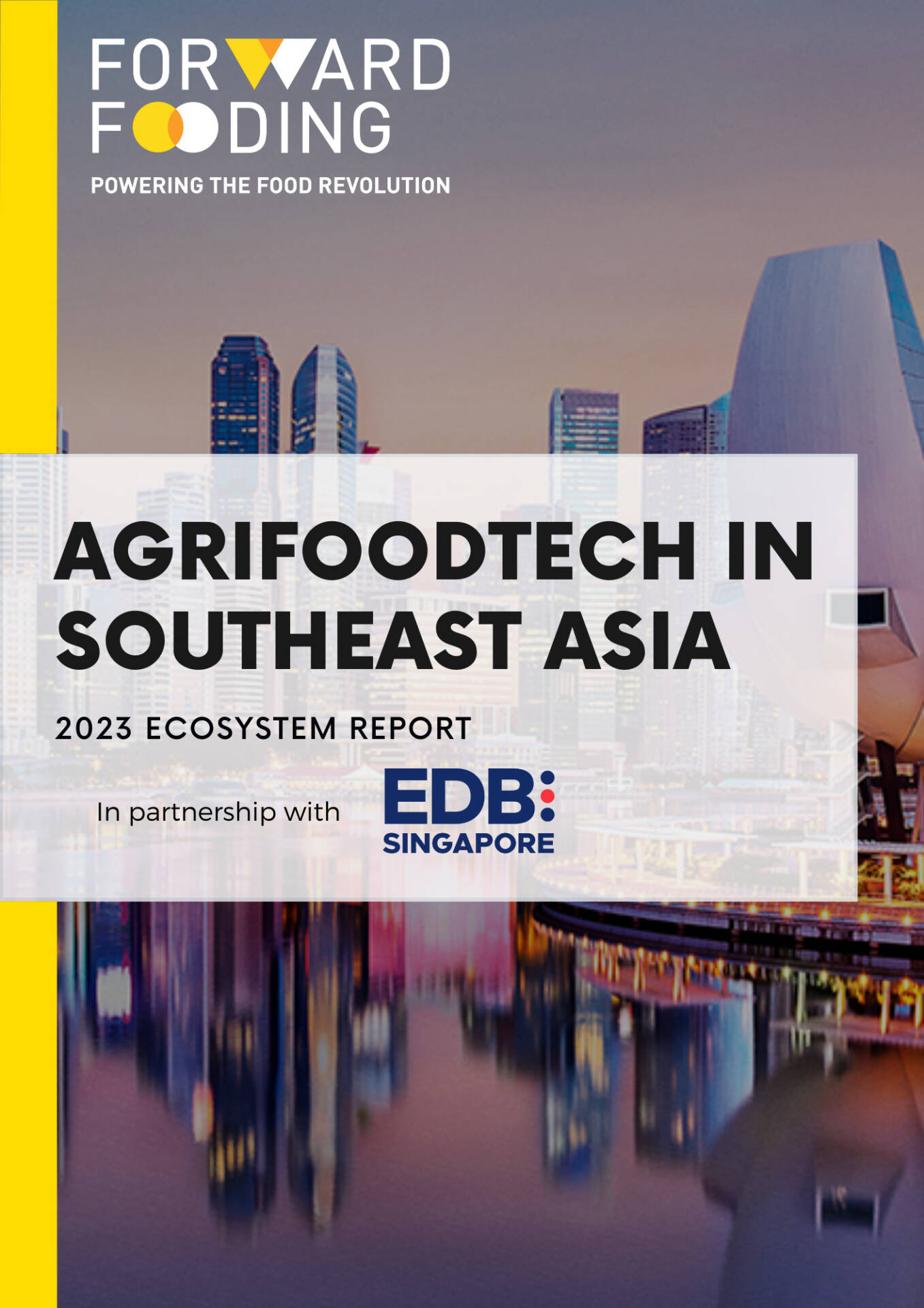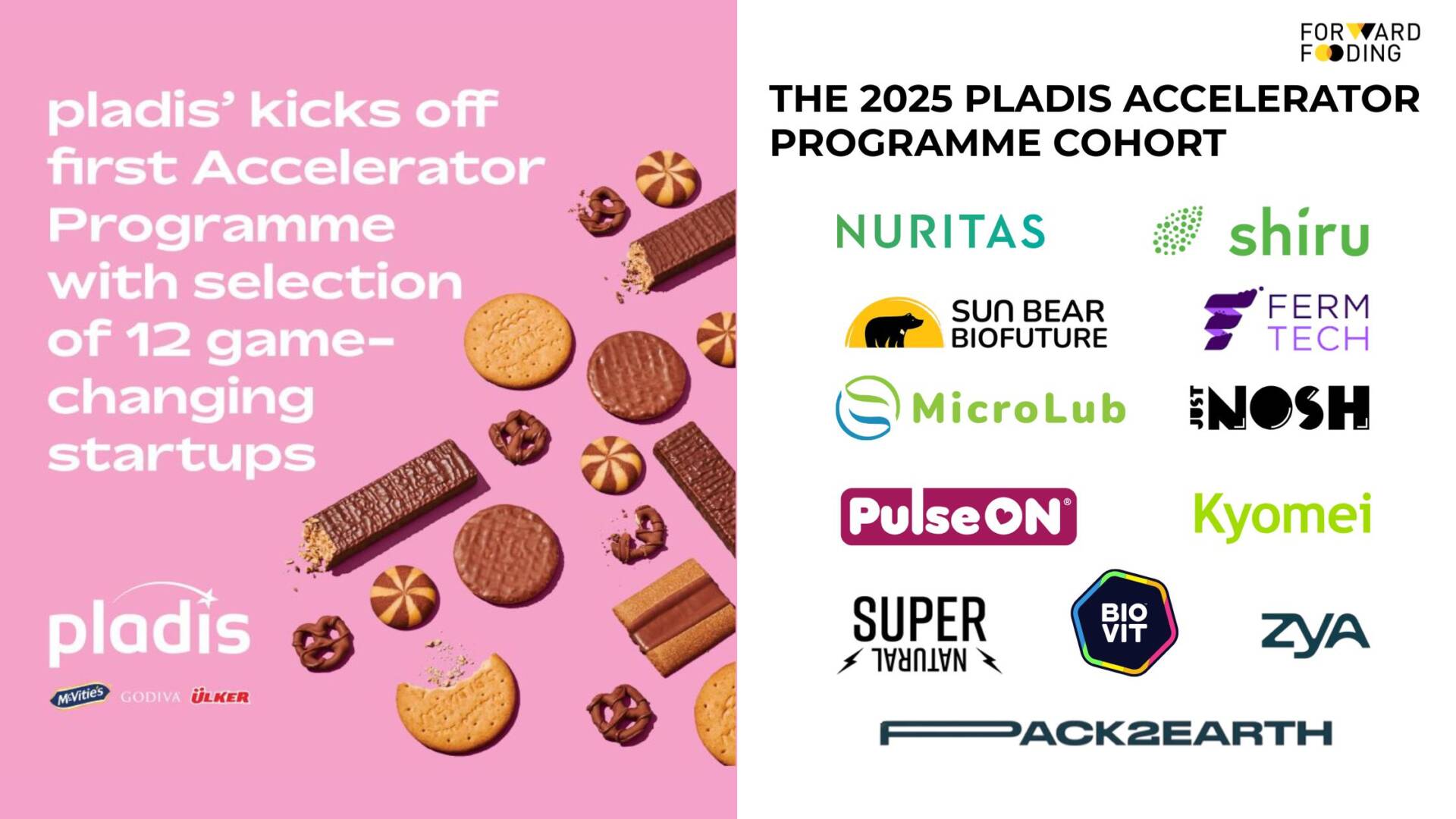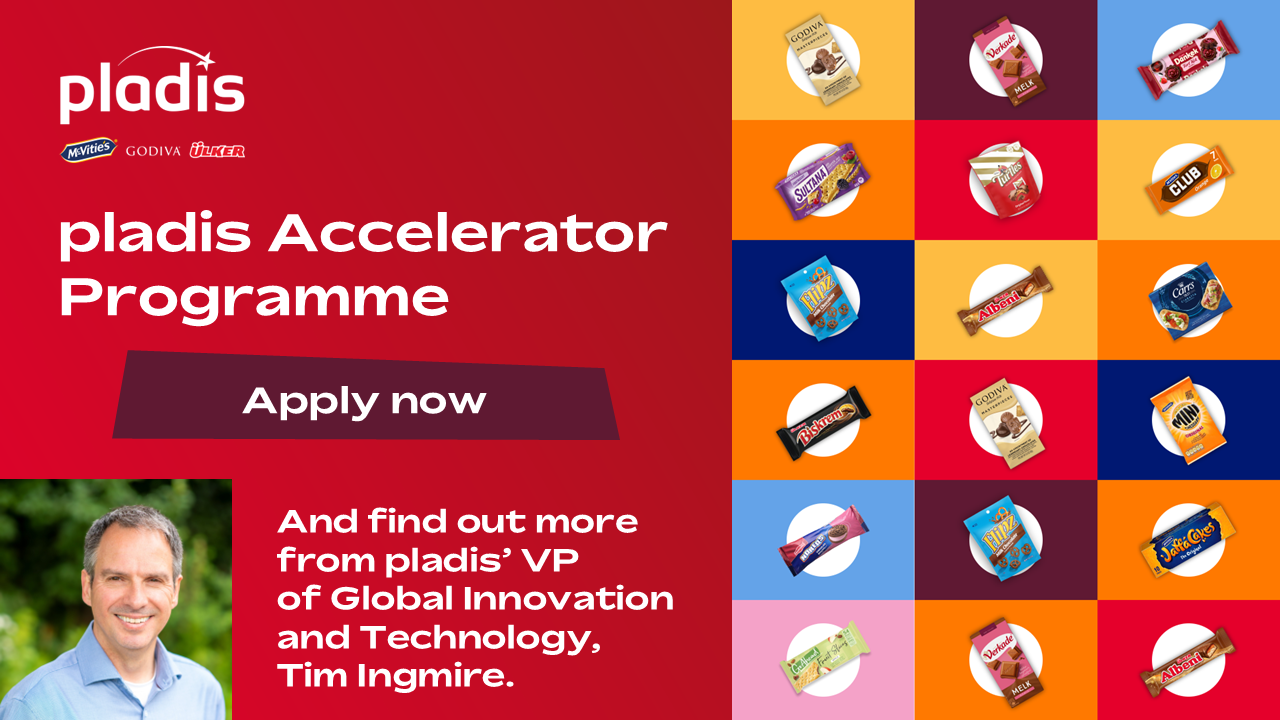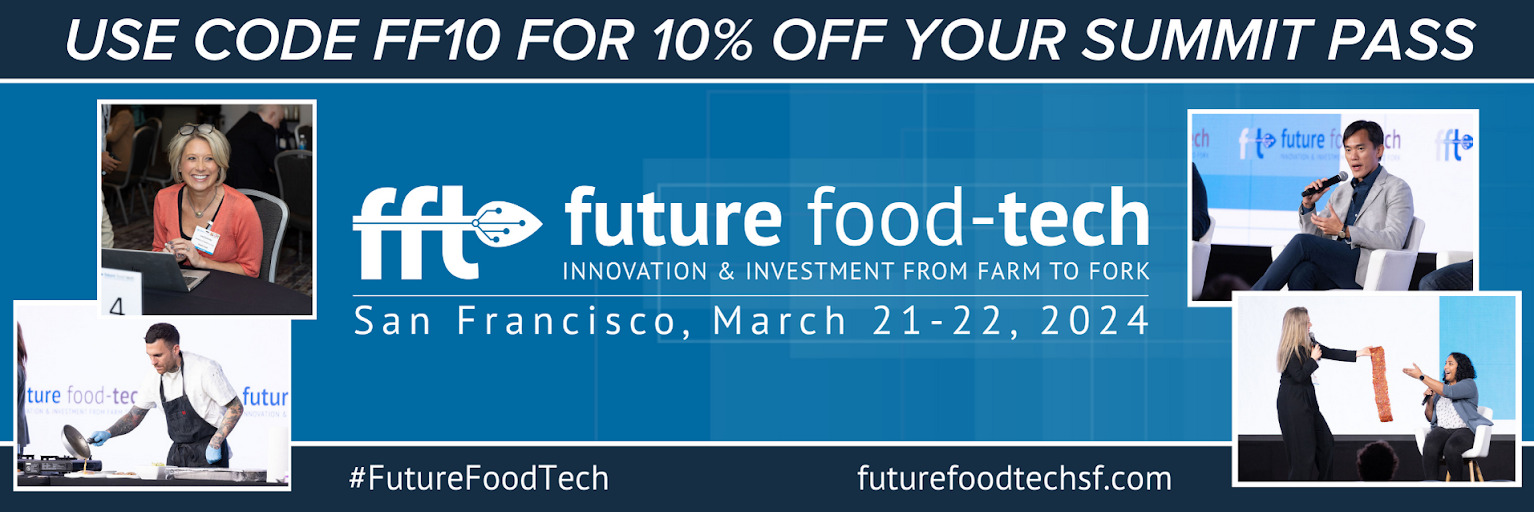FORWARD FOODING
THE BLOG
Office catering, vending machines and beyond: new ways of eating at work


Needless to say at this point, the COVID-19 pandemic has represented a major disruption to most aspects of our daily lives. As the daily routine of commuting has definitely been halted by lockdowns and occasional quarantines, our office life has also seen major changes. With it, the ways we consume food during working hours. In the last two years, we almost forgot about lunch boxes, daily escapes to nearby restaurants, vending machines products and quick take away options. On the other hand, we became used to cooking at home. For instance, 91% of British people were planning to cook as much or more after the lockdown according to a YouGov survey while the US food delivery market doubled its size during the pandemic.
But now that ‘normal life’ is (almost) back, what does this mean for the future of food in the office?
As you can expect, a number of impactful FoodTech entrepreneurs are already on it, coming up with innovative solutions and revolutionising the space. Some of this options are futuristic vending machines, personalised meal kits and so on. New ways of eating are there to drive the comeback to the office under the banner of wellness and community.
Let’s dive!
Deep Dive into Disruptive Options of Eating at work
Filtering our FoodTech Data Navigator database, we saw that there are 147 startups and scaleups currently active in the space. Talking about funding, 2021 has been a great year for the Catering & Office services sector, despite the pandemic, with a spike of 400M euros representing a sharp rebound from both 2020 and 2019 levels.
 Source: FoodTech Data Navigator
Source: FoodTech Data Navigator
In particular, startups founded before the pandemic had the opportunity to access capital and develop further. Among them, we identified three key distinctive clusters:
- Office Catering: Food services catering for the needs of employees, often merging with team and culture building corporate activities
- Vending Machines: hardware providing ready meals in the office space
- Meal Replacements and Meal Kits: services for the recurring delivery of food in the form of pre-portioned ingredients, meals and supplements, ideal for an office environment
For more information on how we categorise the AgriFoodTech scene at Forward Fooding, check out our proprietary taxonomy.
Let’s now have a look at some interesting companies from these clusters!
Office Catering
Already in pre-pandemic times, since 2017, office catering had started gaining popularity among tech companies, with a corporate catering market at the time standing at $9 billion. This specific segment of the food delivery domain, had a huge boost with the recent return to the office space.
This option allows employers to provide high quality and tailored meals to their teams, both boosting wellness and providing opportunities for community building.
Here are some examples of companies operating in the space:
-
Zero Cater (#33 of 2021 FoodTech 500)
This American startup specialises in providing companies with catered meals from local restaurants, caterers and food trucks, bringing employees together to build culture and foster community. The company is currently in Series B, having closed its last round in 2018 with a total of $17.6M.
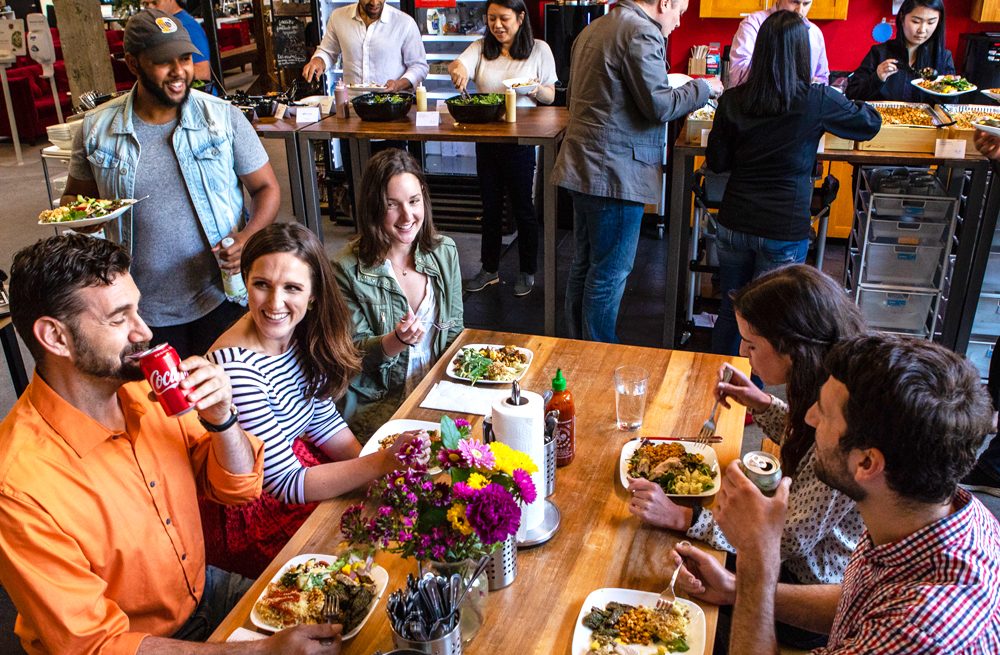
EzCater offers a food ordering platform connecting offices with local restaurants providing catering options. Companies can ensure their employees have a wide variety of options, both individually packaged and catered, while paying providers through a single invoice. ezCater currently connects business people with over 60,000 reliable local caterers and restaurants across the U.S. The company closed a Series D round in 2021 and has a total funding of $420.8M, currently eyeing over an IPO.
Fooda‘s services allow ‘local’ restaurants to partner with companies and office buildings. They provide unique restaurant-based meal services and top-rated restaurants who visit and serve in the office lobby or company break room. Among its offerings can be found daily pop-up restaurants, box lunches, event catering and more. The American company closed a Seed round in 2020, with funding standing at $34.2M.
This Spanish startup, housed in the Forward Fooding Hub in Barcelona, has the objective to transform eating in the office into an experience. It does that by preparing and delivering beautiful, tasty, healthy and affordable meals through a virtual canteen. The company provides both meal kits and catering services, with a service package dedicated to offices. During an interview with the CEO Nora Vallcorba Barata, the founder shared with us one of the phenomena that oriented her business idea:
“Every 3 years, a millennial changes their job and this represents a huge cost for companies. Something that is trending right now is to prevent it by increasing employees’ emotional salary and food is a part of it.”
In addition, some companies are providing not only food but full-blown experiences to engage employees, combining eating with other forms of team activities. Two notable examples are Thriver and Sifted, mixing food experiences and corporate culture building.
As Jess Legge, Co-Founder of Sifted, shared in a Forbes article:
“We serve the same teams day after day. This means we know exactly who we’re serving and when. It’s the predictability that’s been missing from the food tech industry, and what’s allowed us to build a playbook to scale the formerly unscalable.”
Vending machines
Vending machines are some of the most beloved office items ever. Unfortunately, the sector took a hard blow during the pandemic. While it was worth around $30.3 billion in 2018, some distributors in the industry have seen losses up to 90% in 2020, as communicated by the European Vending Association. This was mainly due to the changes in lifestyle during lockdown, pivoting towards working from home and bulk buying, and the problematic sanitisation of unattended machines in a moment where minimising the spread of infections was a priority.
Despite the challenges of the past years, vending machines are making a huge comeback, coming with smart features such as computer remote control and cloud-based management systems. While it is now possible to find vending machines selling pretty much anything, from pharmacy products to t-shirts and bike parts, FoodTech is taking a protagonist’s role also here.
This is especially true when it comes to the workplace. Having vending machines in the office has its acknowledged benefits, including enhancing employees wellness and workplace productivity and satisfaction.
So, let’s check out some of the hottest startups innovating the space right now:
This French company has innovated the classical vending machine by offering one with an internal restoration solution able to replace the traditional office canteen in a cheaper way. It provides high quality meals with a 24h service while making use of reusable containers to lower its impact on the environment. In 2021, it closed its Series B round with a total funding of $49.3M.
The American company offers smart fridges for healthy eating. Its objective is to make gluten-free vegetarian options accessible for people on-the-go, with locations including airports, college campuses and offices. Its digital interface displays nutritional and allergen information alongside a complete list of ingredients for each menu item.
-
FrescoFrigo (#253 of 2021 FoodTech 500)
FrescoFrigo is a IoT smart refrigerator with fresh products and ready meals that allows consumers to simply scan a QR code via the app and charge will be added to their account automatically. The appliance can be placed in offices, gyms, hotels, hospitals and other working environments and uses nearby restaurants and cafes to stock it. The Italian company has run a pilot allowing condos to have their own smart “supermarket” for fresh fruits and vegetables.

Another Italian company in the vending machine space which creates a menu in the main delivery apps based on the products inside the vending machine. By ordering online, the customer creates an order on the machine that is unlocked by a unique order code, then used by the rider to retrieve the product and deliver it to the client.
Meal Replacement and Meal Kits in the Workspace
Last but not least, here are a few companies that offer meal kits in the office space.
This sub sector comprises all the services for the recurring delivery of food in the form of pre-portioned ingredients, meals and supplements. Meal replacement and meal kits are key since the market is strongly pivoting towards personalised nutrition and have been recently gaining popularity. For instance, according to Statista, 33% of American consumers ordered meal kits several times per week in the past 12 months. It is likely that the sector will continue to grow.
By giving customers’ the opportunity to fully tailor meals around their nutritional needs, lifestyle, diet and taste, this category is opening the way for a meal-as-a-service model also in the office space. Its main advantage is to allow a novel and more convenient way for employees to have meals at work, characterised by a high degree of personalization of diets and increased wellness. Here’s some examples:
This American company offers a virtual cafeteria and, once again, personalisation is key to its success. Its lunch programs disrupt the “one-size fits all” corporate catering model through an individualised and high quality lunch experience for each employee. The company was acquired by British food service multinational Compass Group in 2021.
Splendid Spoon runs a service of plant-based meals delivery from a menu or picked individually. The American company allows consumers to customize their plant-based menus thanks to the wide offering of meals available only using non-processed fresh fruits and vegetables or prepared in the form of smoothies or soups.

-
Vita Meals (former Feat Food) (#149 of 2021 FoodTech 500)
Vita Meals is an integrated multichannel operator that produces, sells, and distributes healthy, customised and balanced food to support sporty lifestyle diets. This Italian startup, resident in our FoodTech Hub in Milan, is the first company to use machine learning to create fully tailor-made ready-to-eat meals and to deliver them to customers’ doorstep through a subscription model.
Sakara delivers organic, plant-based rich meals and functional products in the United States. The company has an holistic approach to personalised nutrition by delivering supplements, meals and snacks from the same e-commerce both at home and in the office.
-
Lunch.co (#346 of 2021 FoodTech 500)
Lunch.Co is a marketplace app exclusive for the workplace where colleagues can buy and sell their home-cooked meals to each other. The company facilitates the process by providing environmentally friendly lunch boxes to employees.
What lies ahead?
Office catering brings people back to the office
Office catering options will likely play a crucial role in motivating employees to return to the office and in improving their overall experience, as stated in research from the Harvard Business Review. Companies are already proactive in levelling up their game in terms of upgrading their in-office catering options. This is also shown by startup acquisitions undertaken by hospitality and food service corporates. Some notable examples are the Canadian startup Foodee which, after having acquired the office catering startup Chewse, was acquired by French hospitality company Sodexo in 2021. The British Feedr and the American Eat Club were also acquired by the British food service company Compass Group.
The future of vending machines is already here
When it comes to vending machines, the future of the sector might already be here, in the form of Vending Kiosks. These are, simply put, vending machines able to cook meals on the spot. One of their strengths is their contribution to ease the two pain points of the hospitality sector: labour cost and operational efficiency. Some interesting examples are Yo-Kai Express, Piestro, RoboBurger and Smart Cookie by Robo Chef. It is a possibility that some of these options might turn into actual office cafeterias such as Café X, already available in airports in the US.
Like for the rest of the food delivery sector, as highlighted in one of our recent articles, it is likely that a few players will establish themselves in the market by overtaking or acquiring smaller competitors. To have a more holistic view of the developments and consolidation happening in the food delivery sector, check out our latest blogpost “Food delivery consolidation: who’s really behind the wheel?”.
Office food becomes the healthiest option
This phenomenon is going to be more relevant especially in the case of meal kits and ready meal delivery. Indeed, they will likely become a go-to for people following healthy diets, due to their convenience and pre-portioned ingredients. Also, they will captivate consumers who are interested in sustainability, as on average meal kits greenhouse gas emissions are 33% lower than physical grocery meal and reduce food waste.
Partnerships are key!
Last but not least, corporate partnerships will be crucial. A notable example in the vending machine space is the baker-robot startup Le Bread Express who established a partnership with American retailer Macy’s for its first installation. Another example from the ready meal delivery space comes from the Italian Vita Meals, having Italian F&B corporates Amadori and Riso Gallo both as part of its Board of Directors and as suppliers. These partnerships could lead the way to potential acquisitions or provide an opening to future B2C channels for these food giants. Who knows, maybe they will even start from the nascent food-in-the-office market segment.
Do you want to learn more about the future of eating at work and opportunities ahead in this market segment? Access our Food Data Navigator HERE to discover all the companies analysed in this blogpost, or get in touch HERE for a tailored consultancy.
Follow us
Sponsored Articles
9 July 2025
Forward Fooding celebrates the selection of 12 pioneering startups for the inaugural pladis Accelerator Programme. From water lily popcorn to sugar-converting enzymes, these innovations represent the future of snacking, addressing obesity, sustainability, and personalized nutrition through cutting-edge food technology.
21 March 2025
Tim Ingmire, VP of Global Innovation & Technology at pladis, discusses how the snacking giant is supporting early-stage startups in foodtech, health, and sustainability through their accelerator program. Learn about their focus on personalized nutrition, functional foods, and future ingredients to bring innovative, delicious products to consumers worldwide.
8 February 2024
Future Food-Tech returns to San Francisco on March 21-22 Over 1,700 food-tech leaders, from CPG brands, retailers, ingredient providers, [...]
1 February 2023
The 4th edition of FoodTech 500 is taking off and we are excited to partner with NEOM for the third consecutive year to support the best international AgriFoodTech entrepreneurs.
10 February 2022
One of the elements we enjoy the most here at Forward Fooding about working with AgriFoodTech startups is being [...]


